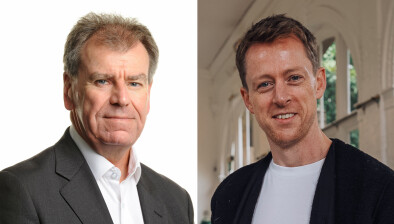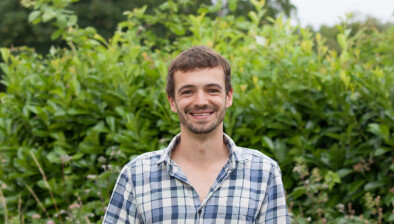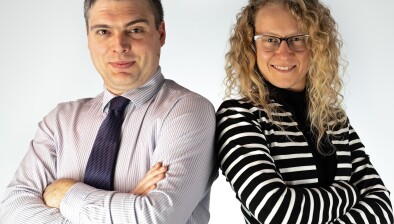Edinburgh’s Old College Capital backs AlveoGene in pioneering respiratory gene therapy
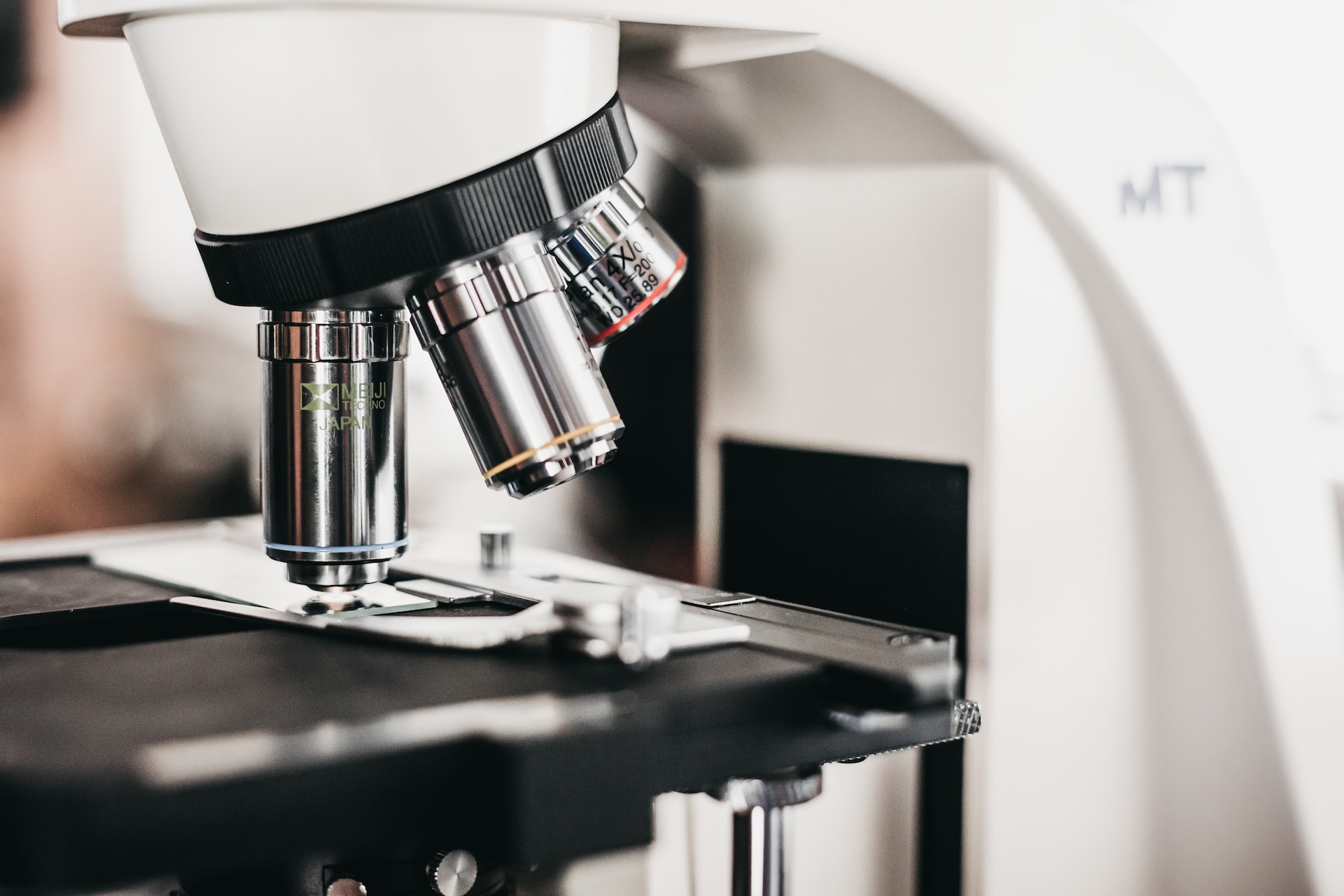
AlveoGene, a biotech start-up specialising in inhaled gene therapy for rare respiratory diseases, has officially launched.
The company has secured seed funding from Old College Capital (OCC), the University of Edinburgh’s venture investment fund, alongside Oxford Science Enterprises (OSE) and Harrington Discovery Institute.
Founded in a collaborative effort between OSE, Harrington, OCC and six preeminent scientists from the UK Respiratory Gene Therapy Consortium (GTC), AlveoGene aims to revolutionise treatment options for respiratory ailments. GTC, originating at Imperial College London and the Universities of Oxford and Edinburgh, was established in 2001 and has received roughly £72 million in grant funding over the years. The consortium has facilitated pioneering research focused primarily on cystic fibrosis and other respiratory disorders.
AlveoGene has obtained an exclusive license for GTC’s next-generation lentiviral delivery platform called “InGenuiTy”. This platform is designed to administer gene therapies via a nebuliser directly to the lung cells. It has been developed over more than a decade and shows promise for high efficiency and long-lasting effects even upon repeated administration. The InGenuiTy platform excludes the use of the CFTR gene, which is involved in cystic fibrosis.
The company is fast-tracking the development of its debut candidate, AVG-001, aimed at treating Alpha-1 Antitrypsin Deficiency (AATD). AATD is an underdiagnosed inherited disorder affecting at least 100,000 people each in the US and Europe, leading to serious lung damage. There is currently no cure for AATD, making AVG-001 an innovative prospect for the medical community. AlveoGene plans to move AVG-001 toward clinical development within 2-3 years.
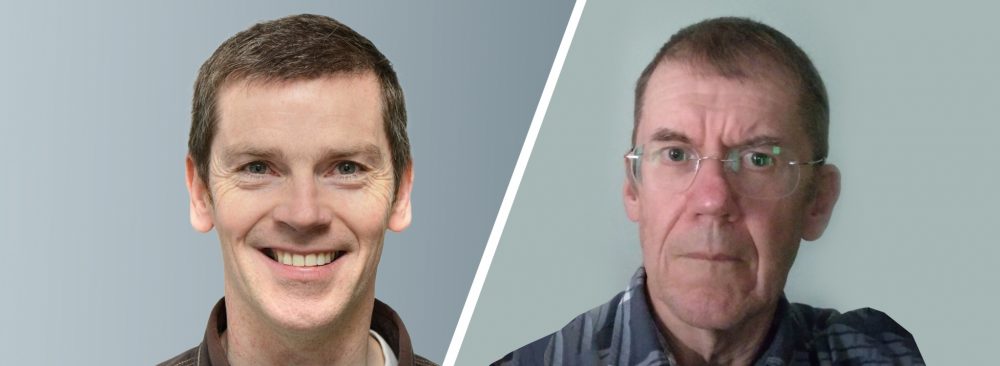
Pictured (L-R): Dr Chris Boyd and Dr Gerry McLachlan
The two University of Edinburgh scientists involved are Dr Chris Boyd, of the Centre for Genomic and Experimental Medicine, part of the Institute of Genetics and Cancer, and Dr Gerry McLachlan of the Roslin Institute.
Dr Boyd said: “We look forward to contributing to this exciting joint venture in gene therapy which aims to ease the burden of those with respiratory diseases.”
Dr McLachlan added: “This new chapter in our long-standing collaboration with colleagues from Imperial College and Oxford University adds a welcome boost to our existing translational research programme.”
Andrea Young, head of Old College Capital, part of Edinburgh Innovations, said: We are delighted to have participated in AlveoGene’s seed funding round.
“The launch is a great example of how collaboration between a range of stakeholders can create the opportunity to tackle complex diseases and ultimately impact patient lives. ”
David Hipkiss, a seasoned biopharmaceutical executive, will serve as AlveoGene’s executive chair. Mr Hipkiss has over 25 years of experience in the respiratory disease sector and has been involved in high-value business outcomes.
He is the former CEO and co-founder of respiratory medicine company Prosonix (acquired by Circassia for £100 million in 2015) and former CEO and founder of Enesi Pharma (now aVaxzipen), a company developing a novel solid dose injectable vaccine delivery platform.
Mr Hipkiss said: “I am truly excited to lead this new venture. The combination of pioneering science, an extensively validated platform, access to world-leading expertise through our founding scientists and the backing of OSE, Harrington and OCC, provides a fantastic foundation for the company.
“This will enable AlveoGene to rapidly advance our first candidate – AVG-001 a unique, inhaled gene therapy for AATD – towards clinical development.
“In addition, we intend to explore other opportunities to leverage our powerful IngenuiTy platform alongside other complementary technologies to create first-in-class inhaled gene therapies with the potential to transform outcomes for patients with rare respiratory diseases.”





